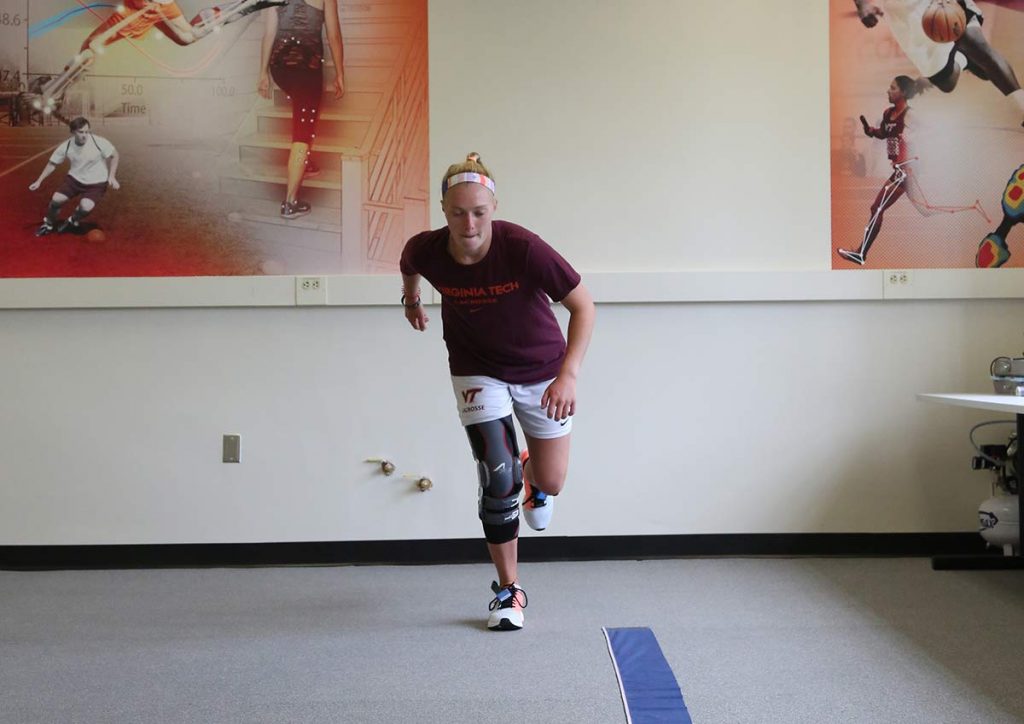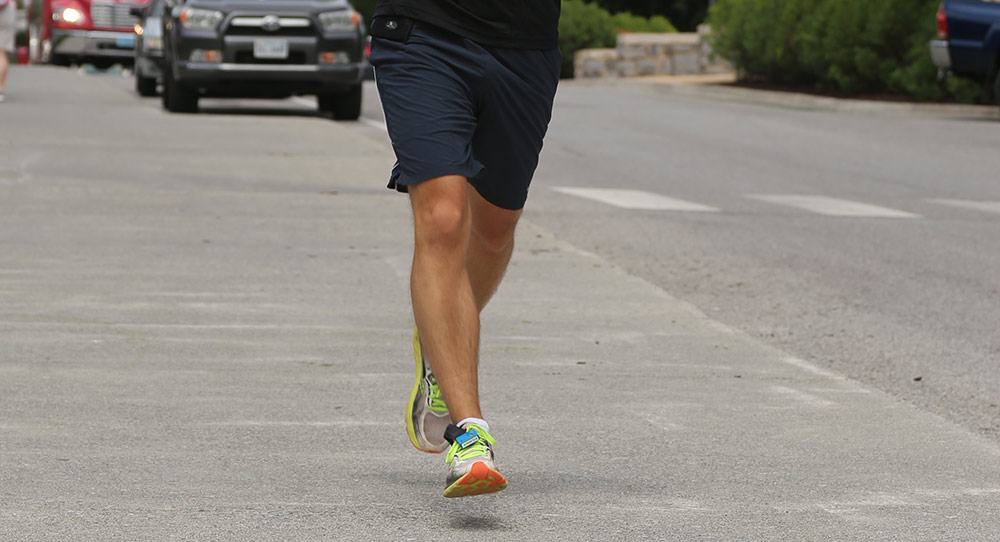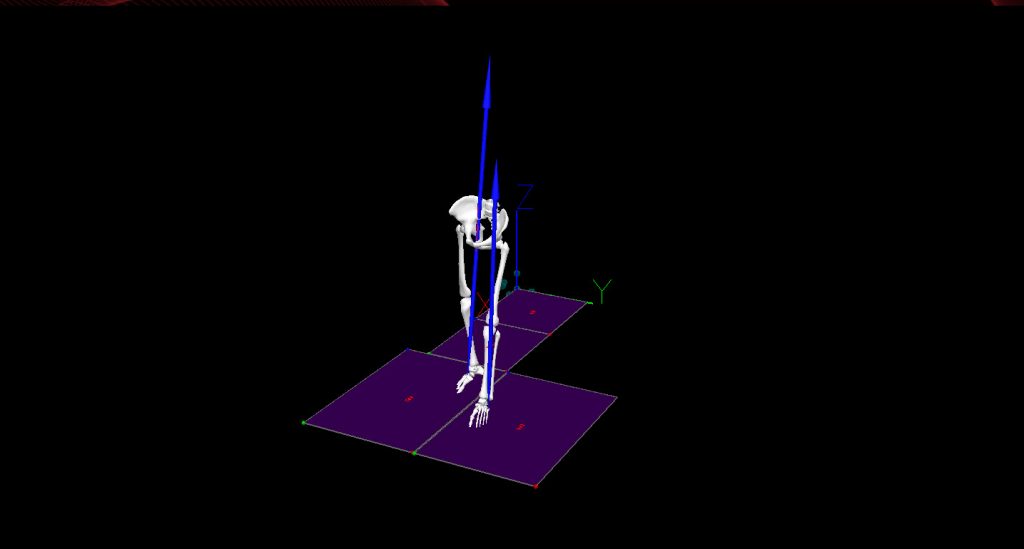Effects of Achilles Tendon Assistive Taping in Healthy Recreational Athletes
This study tested the effects of a specific Achilles taping technique during running and jumping tasks. Subjects were outfitted with 3D motion capture markers in order to measure movement and loading during the tasks. Subjects are currently being recruited for the study. Eligible subjects will be between the ages of 18-35, must participate in athletic activities at least 3 times per week, and will have had no leg injuries in the past six months that have kept them from performing athletic activities for more than two days, and no leg injuries at all in the last two months. Testing will take place during one session in the Granata Lab and will last 60-90 minutes. Please email us or call Evan McConnell at (540) 231-4294 if you are interested in participating in this study.




